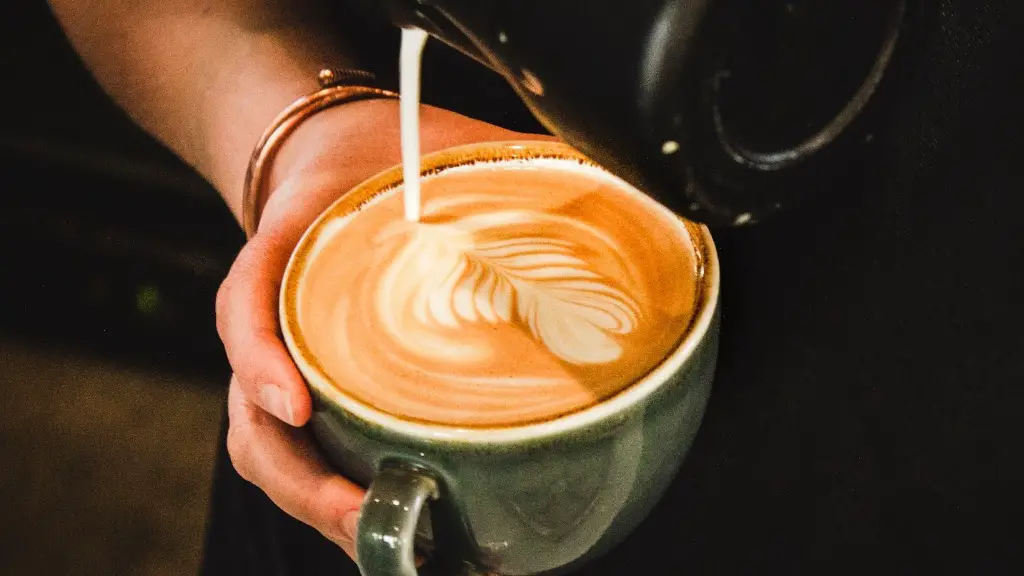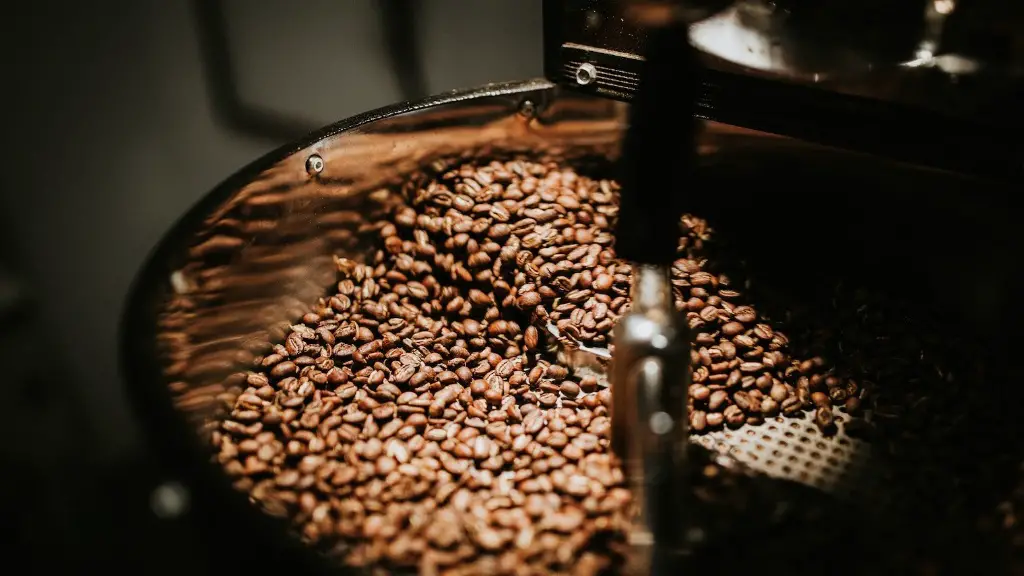Can you drink coffee when trying to get pregnant
When trying for a baby, couples may be aware that a healthy lifestyle is beneficial for their fertility. Many couples will choose to abstain from consuming alcohol, stop smoking and start taking supplements. Additionally, individuals may also question whether or not it is safe to drink coffee when trying to get pregnant.
Coffee contains high levels of caffeine, which is a naturally occurring stimulant found in coffee beans and tea. Caffeine increases alertness, concentration and enhances physical performance but there is some evidence that suggests that consuming coffee when trying to conceive can impact fertility.
Studies have shown that regular consumption of coffee can reduce fertility. Women who consume large amounts of coffee during their reproductive years are more likely to suffer from infertility due to its detrimental effects on the uterus. Caffeine consumption has also been linked to an increase in early miscarriage and it has been suggested that caffeine can also interfere with sperm production, thus impacting the chances of conception.
The American Pregnancy Association recommends that women who are trying to get pregnant reduce their caffeine intake. The association advises drinking one cup of coffee per day or significantly reducing caffeine consumption during the time of conception. The Royal College of Gynaecologists and Obstetricians also advise that women limit their intake of caffeine, particularly during the first three months of pregnancy.
It is also important for men to limit their caffeine intake as well. Studies have shown a correlation between higher sperm concentration in men who reduce their caffeine intake to two cups per day. Additionally, caffeine can reduce sperm motility and stimulation of metabolism in sperm cells.
Therefore, whilst the evidence of the exact negative effects of caffeine on fertility is still inconclusive couples trying to conceive should reduce their daily intake of caffeine. Pregnant women should aim to reduce their intake to no more than one cup of coffee per day.
What Are the Alternative Beverages?
Whilst aiming to reduce their caffeine intake, couples may also consider drinking alternative hot drinks. Redbush, green tea and lemon & ginger tea are all great alternative options for people trying to conceive as they contain low levels of caffeine.
Redbush tea contains no caffeine and is made from the Rooibos plant, which is native to South Africa. The tea is a great alternative to coffee and it contains antioxidants and Vitamin C.
Green tea is also a great caffeine free hot drink alternative and can be consumed throughout pregnancy. Additionally, green tea helps to reduce bloating, boosts skin health and lowers blood pressure. It also contains antioxidants which can help to prevent illness.
Lemon & ginger tea is made from freshly squeezed lemon and ginger root and is a great alternative to coffee. The combination of ginger and lemon contains many health properties and it is great for cold relief and enhancing digestion.
What About Decaffeinated Coffee?
Many people may assume that drinking decaffeinated coffee is a safe option when trying to conceive, however this may not be the case. Decaffeinated coffee is not caffeine-free, as it still contains low levels of caffeine. Therefore, it is recommended that couples limit their intake of decaffeinated coffee as well as regular coffee.
Additionally, many popular coffee brands contain other ingredients which could potentially affect fertility. Artificial sweeteners are often added to coffee drinks for flavouring and these may impact fertility. It is therefore important for couples to check the ingredients list when purchasing coffee beverages.
What Are the Benefits of Caffeine Avoidance?
Whilst consuming low levels of caffeine may not cause any harm when trying to conceive it may still be beneficial to abstain from coffee consumption. Whilst reducing caffeine intake, couples may also make other healthy choices to improve their fertility such as increasing exercise, reducing alcohol consumption and following a healthy diet.
Additionally, couples may benefit from increasing the intake of certain vitamins, minerals and omega 3 fatty acids which are said to increase fertility. Additionally, evidence suggests that male sperm quality can be improved by reducing caffeine consumption.
What Are the Other Sources of Caffeine?
Caffeine is not only found in coffee, it is also found in products such as chocolate, energy drinks, decaffeinated tea andmedications.
It is important to be aware of other sources of caffeine as these can also impact fertility. For example, one energy drink can contain between 80-100 mg of caffeine, therefore it is important to be aware of the caffeine content of products.
Summary
When trying to conceive couples should consider limiting their caffeine consumption. There is some evidence that suggests that regular consumption of caffeine can have a detrimental effect on fertility. Pregnant women should limit their consumption of coffee to one cup per day and men should limit their intake to two cups per day. Therefore, it may be beneficial to reduce caffeine consumption when trying to conceive and replace with alternative hot drinks such as redbush tea and green tea.
Conclusion
Although the exact effects of caffeine on fertility are inconclusive, couples trying to conceive should reduce their daily intake of coffee to limit any potential risks. By reducing caffeine consumption, couples may also be able to make other healthy lifestyle changes which can help to improve their fertility such as increasing exercise and reducing alcohol consumption.




